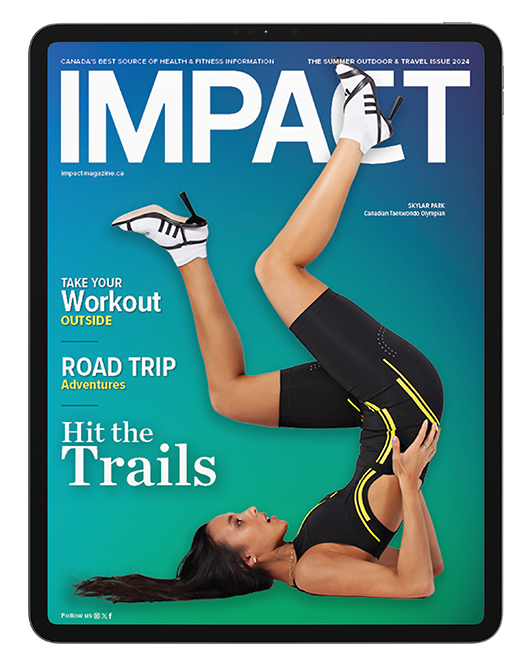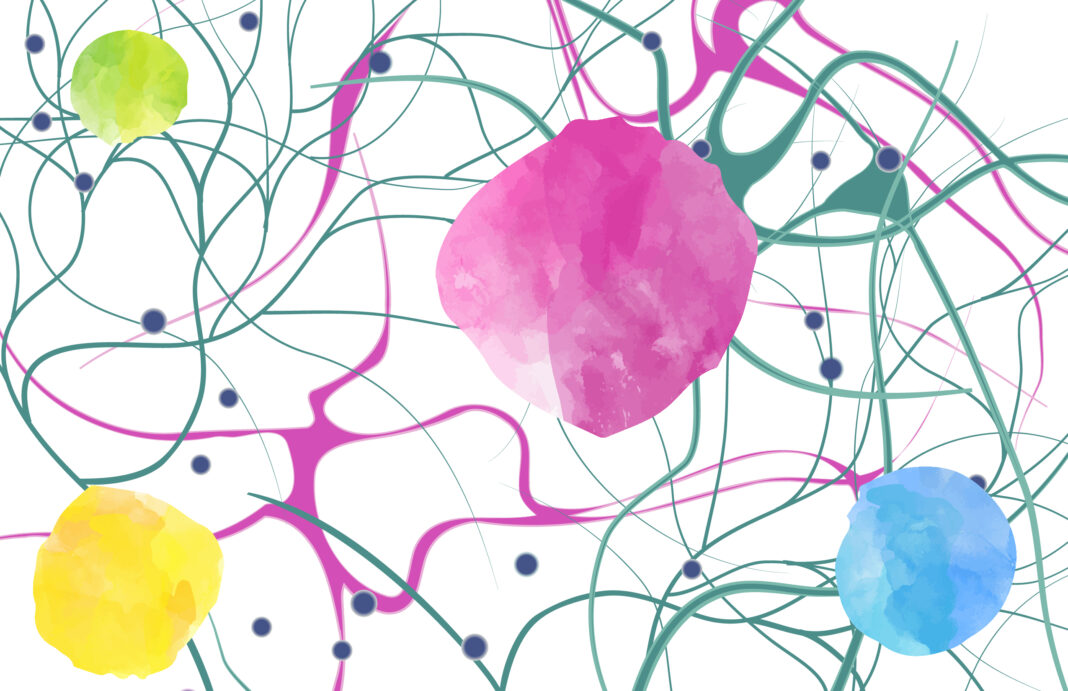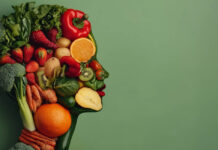Each week, I receive inquiries from individuals experiencing persistent concussion symptoms. Recently, a man who suffered a fall from a ladder in his attic, dropping an additional eight feet and losing consciousness, reached out to me. His concussion symptoms, originating from childhood sports and a car accident, were still present. Contrary to popular belief, the leading cause of concussions is falls, especially in children and seniors, followed by car accidents and sports incidents.
Protecting the brain should be everyone’s top priority, yet many are unsure where to begin or what steps to take. After sustaining six adult head injuries — two from snowboarding and four from car accidents — I recognized something crucial was missing. This realization led me to the importance of harnessing internal resources for healing. As a child, I experienced over 50 concussions due to sports participation, ADHD, falling, and engagement in extreme sports. The symptoms intensified over time, eventually becoming too overwhelming to manage. I struggled with poor sleep hygiene, worsening insomnia after head injuries, and even suicidal ideation, which is common among those with ADHD and concussions.
This led to a four-year clinical research project examining four neurotransmitters and the methods to deliver essential resources to the brain for healing. I have discovered that healing is indeed possible through eating and precise medical-grade supplementation based on a test that is effective for brain repair and protection. For anyone suffering the effects of concussion or those supporting concussion sufferers, these are the neurotransmitters crucial for healing—and the foods to eat to support their production.
Acetylcholine
One of the secrets lies in enhancing the production of acetylcholine, a vital neurotransmitter responsible for memory, learning, and overall brain function. By increasing acetylcholine levels, athletes can experience improved cognitive functioning, leading to better decision-making, quicker reaction times, and a more profound understanding of their sport. No foods directly contain acetylcholine, but certain nutrients, such as choline, can support acetylcholine production in the body. To enhance acetylcholine levels, focus on consuming foods rich in choline, such as nuts and seeds like almonds, peanuts, cashews, and sunflower seeds.
Gaba
GABA is a neurotransmitter that plays a crucial role in calming the nervous system and enhancing mental clarity. By incorporating GABA into an athlete’s brain nutrition program, you can support recovery from concussions more effectively. This amazing compound reduces anxiety and overwhelm, creating a sense of balance and well-being. GABA’s ability to improve sleep is also vital for healing and peak performance, allowing an athlete to recharge fully and tackle their sport with renewed energy and focus. Foods that support GABA production include fermented foods, whole grains, beans and legumes, and nuts and seeds.
Serotonin
Sleep is essential to healing. Serotonin, a vital neurotransmitter, is best known for its mood-regulating properties, but it also plays a critical part in sleep and overall brain health. Ensuring optimal serotonin levels can significantly aid concussion recovery by improving sleep quality, which is crucial for the brain’s healing process.
Additionally, maintaining balanced serotonin levels may contribute to shielding the brain from further injury by promoting a more resilient neural environment. By focusing on serotonin as a key component in an athlete’s brain nutrition program, you can support bouncing back more quickly from concussions while safeguarding the brain for future success in sport. Foods that can help boost serotonin levels include those rich in tryptophan, an essential amino acid that serves as a precursor for serotonin production. Some serotonin-rich foods are nuts and seeds, legumes, and fruit such as bananas, pineapples, and plums.
Dopamine
Dopamine, a crucial neurotransmitter, plays a vital role in various brain functions, including motivation, balance, and motor control.
Its significance extends to concussion recovery and brain protection as well. By promoting the release of brain-derived neurotrophic factor (BDNF), dopamine contributes to the growth and repair of neurons, thereby supporting brain healing after a concussion.
Additionally, dopamine’s influence on motor function, balance, and muscle tone can help athletes regain their physical capabilities and reduce the risk of further injuries. A well-regulated dopamine system also fosters improved mood and mental resilience, which are essential for coping with the challenges of concussion recovery. By incorporating dopamine-boosting strategies such as proper nutrition, exercise, and stress management, athletes can enhance their ability to recover from concussions and build a strong foundation for future success in their sport. Foods that can help increase dopamine levels include nuts and seeds, soy products, and fruits and vegetables such as bananas, avocados, and leafy greens like spinach and kale.
This article has been edited for length and republished with permission from www.simonefortier.com
You may also like: The Difference Between Sadness and Depression

Read This Story in Our 2024 Summer Outdoor & Travel Issue
Featuring Canadian Taekwondo Olympian, Skylar Park. Must-visit adventure destinations across Canada. Your best trail running season ever with FAQs and threshold training plans. How (and why) gravel biking can rule your summer. Essential preparation to stay injury-free during hikes. Zero-waste your hiking and camping trips like a pro. Treat yourself with a Rustic Strawberry Chocolate Tart or Dairy-Free Vanilla Ice Cream, and so much more.
















